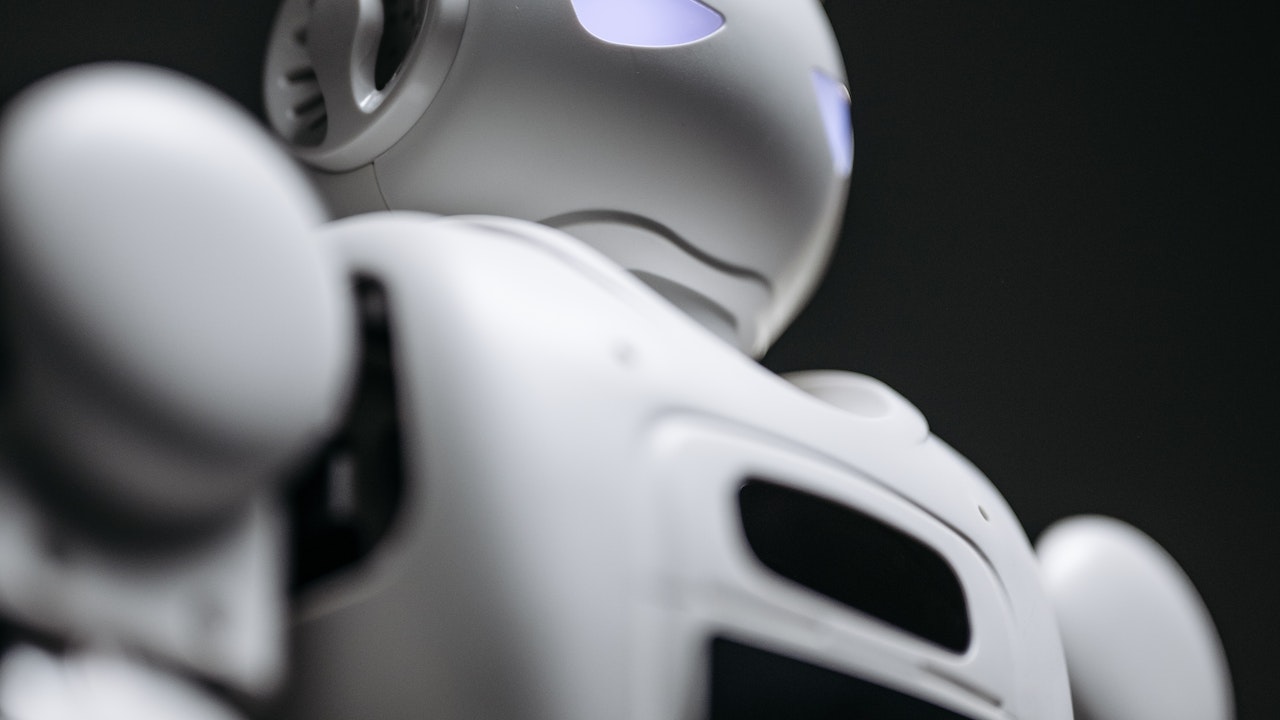The Rise of the Machines: Understanding the Benefits and Risks of AI and Robotics
The "Rise of the Machines: Understanding the Benefits and Risks of AI and Robotics" blog post highlights the advancements and impact of artificial intelligence and robotics in various industries. It discusses the benefits of these technologies, such as increased efficiency and improved decision-making, but also touches on the potential risks, including job displacement and loss of privacy. The article aims to educate readers on the advancements in AI and robotics and provide a balanced view of the positive and negative effects they can have on society.

Artificial intelligence (AI) and robotics have been making headlines in recent years, with some experts predicting that they will revolutionize the way we live and work. While there is no denying the potential benefits of these technologies, there are also a number of risks that need to be considered. In this blog post, we will take a closer look at the rise of machines and explore both the benefits and the risks associated with AI and robotics.
One of the biggest benefits of AI and robotics is their ability to automate many of the tasks that we currently perform. This can help to increase efficiency and productivity, freeing up time for other activities. For example, robots are being used in manufacturing to perform tasks that are too dangerous or too tedious for humans to handle. Similarly, AI algorithms are being developed to help with everything from diagnosing medical conditions to managing financial portfolios.
Another major benefit of AI and robotics is that they can help to improve the quality of life for people with disabilities. For example, robots can be programmed to help with tasks like mobility and daily living activities, making it easier for people with physical or mental disabilities to live independently. AI algorithms can also be used to develop tools that can help people with learning and developmental disabilities.
Despite the many benefits of AI and robotics, there are also a number of risks that need to be considered. One of the biggest concerns is job loss, as machines and algorithms are able to automate tasks that were previously performed by humans. While some experts predict that this will lead to a rise in unemployment, others believe that the benefits of automation will eventually outweigh the costs, as new jobs are created in industries like maintenance and repair, programming, and data analysis.
Another major concern is the potential for AI algorithms to perpetuate existing biases and discrimination. For example, if a machine learning algorithm is trained on a biased data set, it may make decisions that are discriminatory against certain groups of people. This is a major concern, as it could lead to further marginalization of already vulnerable populations.
Finally, there is the issue of accountability. Who is responsible when an AI algorithm makes a mistake or a robot causes harm? This is a complex issue that has yet to be fully resolved, and it will require the development of new legal frameworks to ensure that accountability is clearly established.
In conclusion, the rise of machines is a complex issue that requires careful consideration of both the benefits and the risks. While there is no denying the potential benefits of AI and robotics, we must also be mindful of the potential risks and work to address them in a responsible and proactive manner. By doing so, we can ensure that the rise of machines leads to a brighter and more sustainable future for all.
- READ MORE ON:
- AI
- Robotics
- Technology
- Innovation
- Benefits
- Risks
- Automation
- Advancement
- Machine Learning
- Future
ALSO READ
Tamil Nadu Nurses Demand Justice: A Call for Equality and Benefits
CoGTA Urges Heightened Vigilance as Festive Season Brings Thunderstorm Risks
UnitedHealth's Overhaul: Automation and Standardization Amidst Audit Findings
BJP Walkout Over Unpaid Benefits in Karnataka Sparks Assembly Uproar
Adventure Tourism in Jammu & Kashmir: Thrills, Risks, and Responsibility










